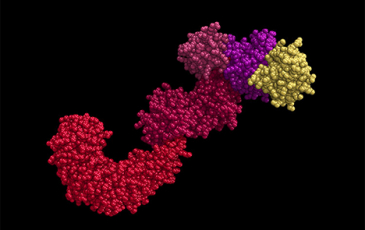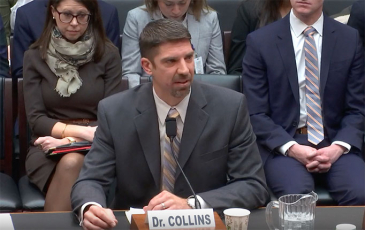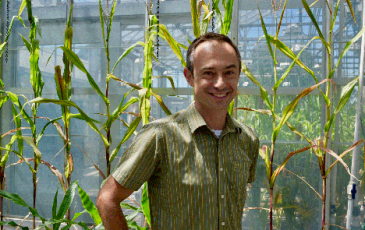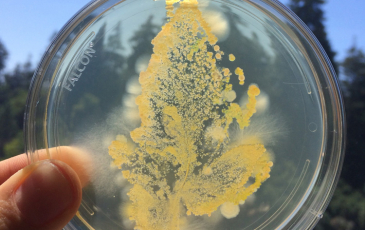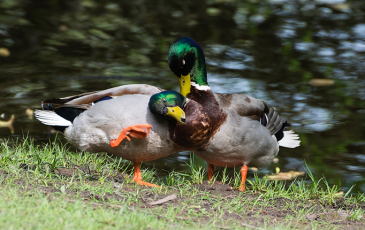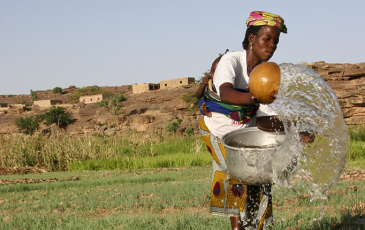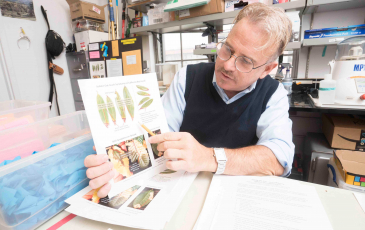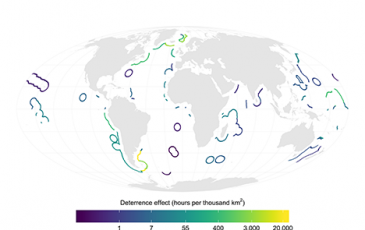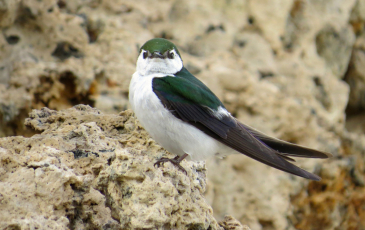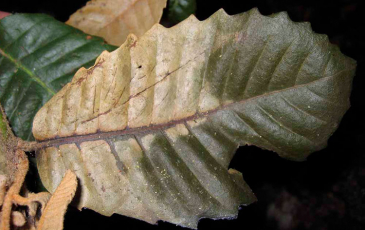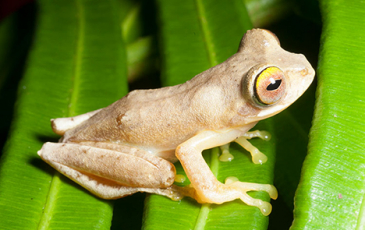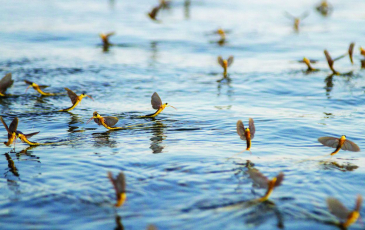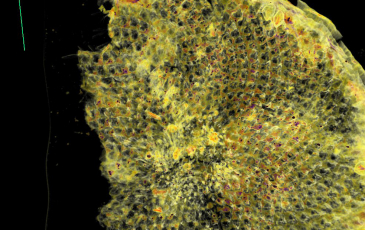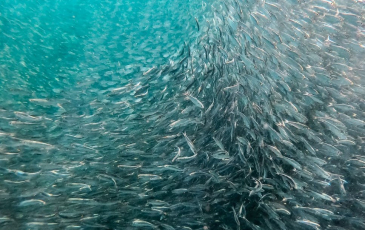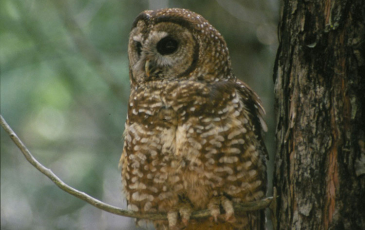New research from associate professor Danica Chen highlights the potential to reverse several aging-related diseases.
Forestry expert testifies before congress
Brandon Collins, a research scientist with the Center for Fire Research and Outreach at Berkeley Forests, spoke about the current state of forests and wildfires.
Researchers link weight gain, inactivity to vehicle ownership in Beijing
In a new study, agricultural and resource economics professor Michael Anderson evaluates how car ownership could impact public health.
Planting Doctorates: Inside the Plant Gene Expression Center
PMB graduate student Nanticha Lutt highlights the Plant Gene Expression Center (PGEC) and her fellow researchers in this photo essay.
How do you cultivate a healthy plant microbiome?
Steven Lindow, a professor in the Department of Plant and Microbial Biology, co-authored a study on the microbiome of commercial tomatoes.
An alternate hypothesis for same-sex behavior in animals
In Nature Ecology & Evolution, two ESPM researchers argue for a new understanding of the evolutionary origins of non-reproductive sexual behavior.
Early climate modelers got global warming right, new report finds
In collaboration with researchers at MIT and NASA, ERG doctoral student Zeke Hausfather analyzes decades of climate change projections.
Energy advances open the door to more aggressive climate policies
ERG professor Dan Kammen co-authored a study on the role of climate models and renewable energy in the effort to mitigate greenhouse gas emissions.
In food security study, researchers highlight collaboration with Native communities
As part of a five-year study on the sovereignty and security of food in the Klamath River Basin, researchers emphasize the need for working closely with Indigenous groups.
Researchers say Western Sahel investment needed to avert crisis
Graduate student Lorenzo Rosa and his coauthors argue in Nature that agricultural and social reforms could help bolster food security in the region.
2019 citizen science surveys show Sudden Oak Death on the rise in California
The "SOD Blitz" initiative, led by Matteo Garbelotto, continues to provide crucial information on how and where the disease occurs.
New possibilities for killing cancer cells
New Berkeley research published today in Nature identifies mechanisms that could be targeted to trigger ferroptosis, a form of cell death, in cancer cells.
Nation-level property rights can help protect global marine resources
New research shows that unauthorized foreign fishing is dramatically lower just inside Exclusive Economic Zones than in comparable adjacent areas.
Collapse of desert birds due to heat stress from climate change
ESPM Professor Steve Beissinger authored a study on the effects of water shortage on desert birds.
First known cases of sudden oak death detected in Del Norte County
The Berkeley-led SOD Blitz project and its collaborators found signs of a tree-killing pathogen in California’s Del Norte county.
Scientists track frog-killing fungus to help curb its spread
Professor Erica Bree Rosenblum and fellow researchers monitor a deadly fungus to protect various amphibian species.
Restoring our river ecosystems: an interview with Albert Ruhi
Ruhi co-authored a review on restoration of river flow regimes in Science this week.
X-rays of ancient sunflowers reveal their domestication roots
Benjamin Blackman researches sunflower history in collaboration with Michigan State University.
Managing fish populations with artificial intelligence
New research uses an algorithm to help make better global fishery population predictions.
Is wildfire management ‘for the birds’?
Spotted owls benefit from active fire management, not suppression, finds a new study co-authored by Scott Stephens.


